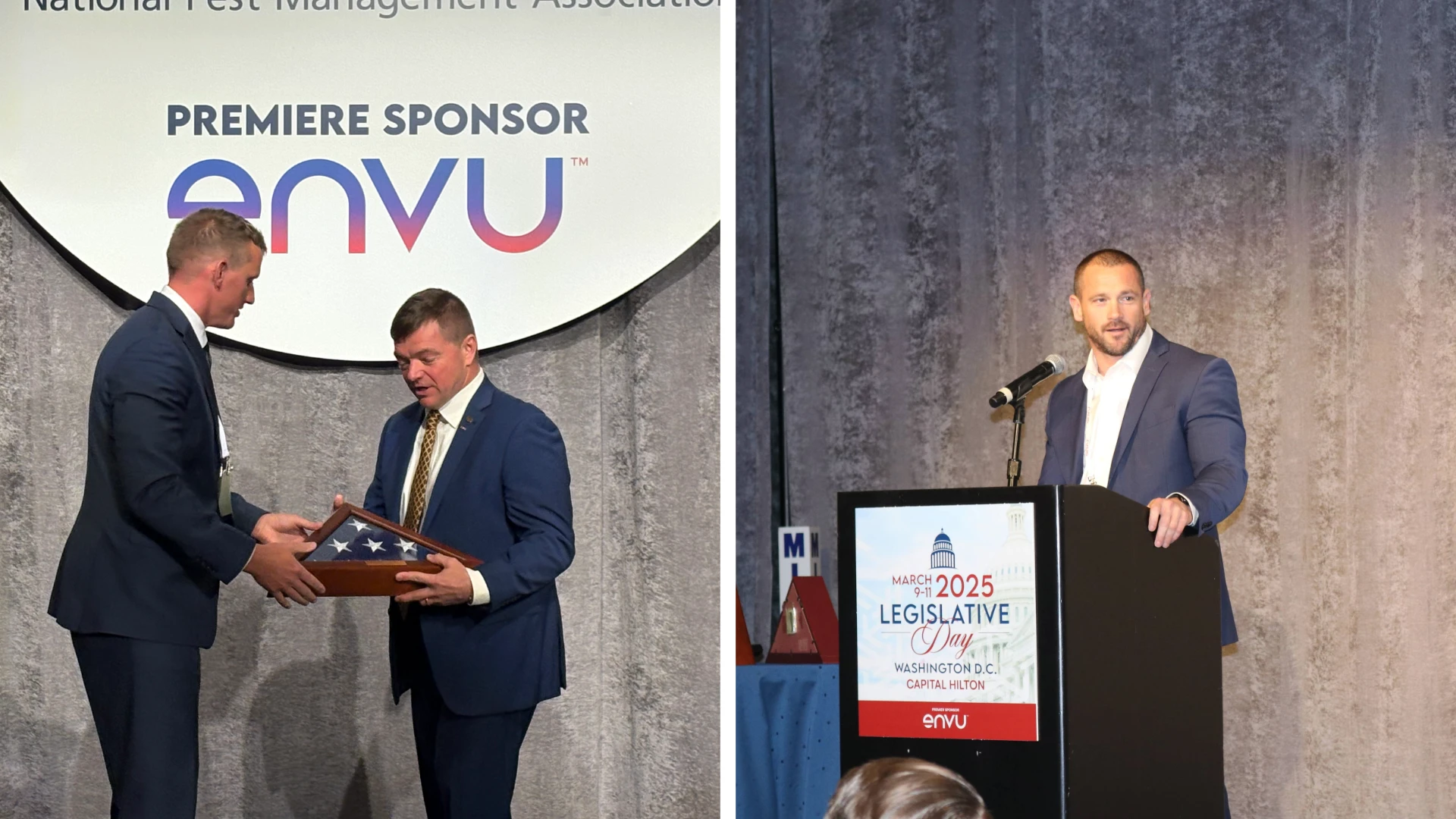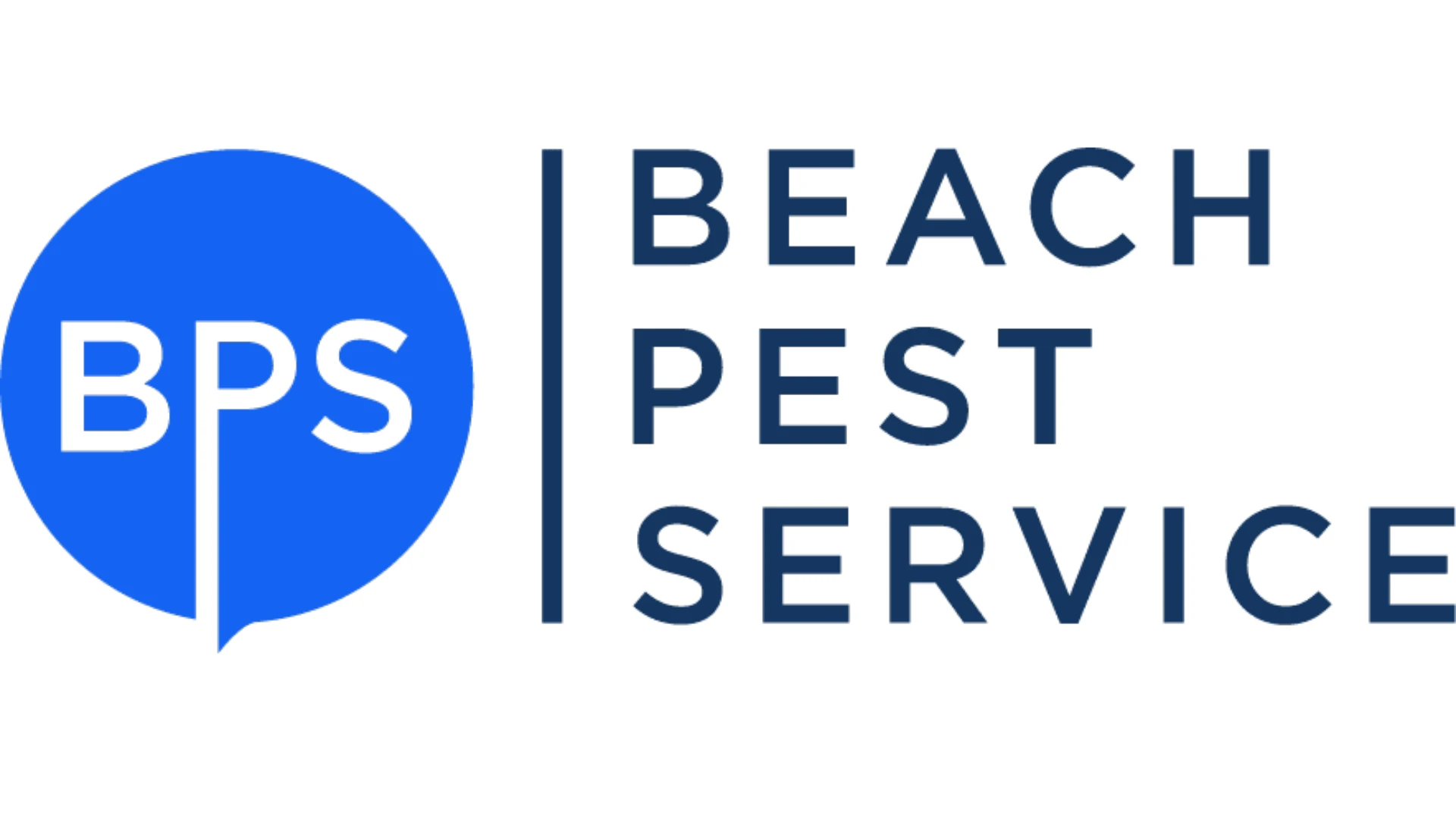
Mosquito control is “a very visual treatment. It gets a lot of attention when you’re there,” said Kevin Wright, Mosquito Safeguard. Unfortunately, not all attention is good.
Seeing technicians apply chemical products to yards with mister-blowers and sprayers can raise concerns with neighbors, activists and regulators about the treatment’s impact on pollinator health, biodiversity and sensitive non-target species like amphibians. “The biggest downfall with our industry is public perception,” Wright said.
According to the 2023 PCT State of the Mosquito Control Market study, 44 percent of PMPs said chemical trespass or insecticide drift was an issue their companies must address at mosquito control accounts.
Educating technicians on how to minimize risk is key. “You can discreetly treat properties and not just come in and blow it out,” said Wright. He’d like to see more continuing education courses offered on mosquito control and equipment calibration, and for pest control companies to develop better mosquito treatment protocols.
“I think we’re going to see a lot more regulation and a lot more pushback from the public if things aren’t tightened up a little,” Wright said. “You can get results spraying and praying but do you want to solve the problem or do you just want to knock [mosquitoes] down,” he asked.

In follow-up interviews, PMPs said they reschedule treatments when rain is forecast and when winds are blowing above 7 to 9 mph.
“If there’s any chance of drift or runoff, we won’t do the service,” said Crystal Rizzo, Crystal Pest Control. The label is the law, and it protects applicators when followed. “Whatever the label says, as long as we’re doing that, I don’t worry too much about any scrutiny,” she said.
Before conducting mosquito treatments, Todd Barber, Barber’s Best Termite & Pest, consults a Florida registry to determine if anyone living nearby requires prior notification of pesticide application. “You have to make sure that if there’s anyone on that chemical-sensitive list that they have prior notification before you come out and apply any pesticides on the site,” he said.
Equipment noise also is becoming an issue for PMPs. A growing number of communities are passing ordinances to limit the times when leaf-blower-like devices can be operated. Gas-powered backpack mister-blowers used for mosquito control can fall into this category.
Freedom Pest Control serves a few communities near Boston that have passed noise ordinances. As such, Tom Drapeau trains his employees on how to avoid noise-related confrontations with people. He’s also investing in battery operated mister-blowers that run quieter. This way, employees don’t aggravate neighbors and can still begin and end their day early to avoid heat exhaustion.
“We don’t want guys out there in the middle of the afternoon on a 95 degree day,” explained Drapeau.

Explore the May 2023 Issue
Check out more from this issue and find your next story to read.
Latest from Pest Control Technology
- Understanding Rodents and Bird Flu
- Green Pest Solutions Awards Safest Driver New 2025 Ford F150
- UF/IFAS Sheds Light on Tiny Invaders During Termite Awareness Week
- Registration Open for Lawn & Landscape Technology Conference
- Fleetio Launches Automotive Service Excellence Scholarship
- WorkWave Appoints John Phelan as CTO
- PMPs Use Capitol Hill Visits to Push for Preemption
- 20 Trapping Tips





